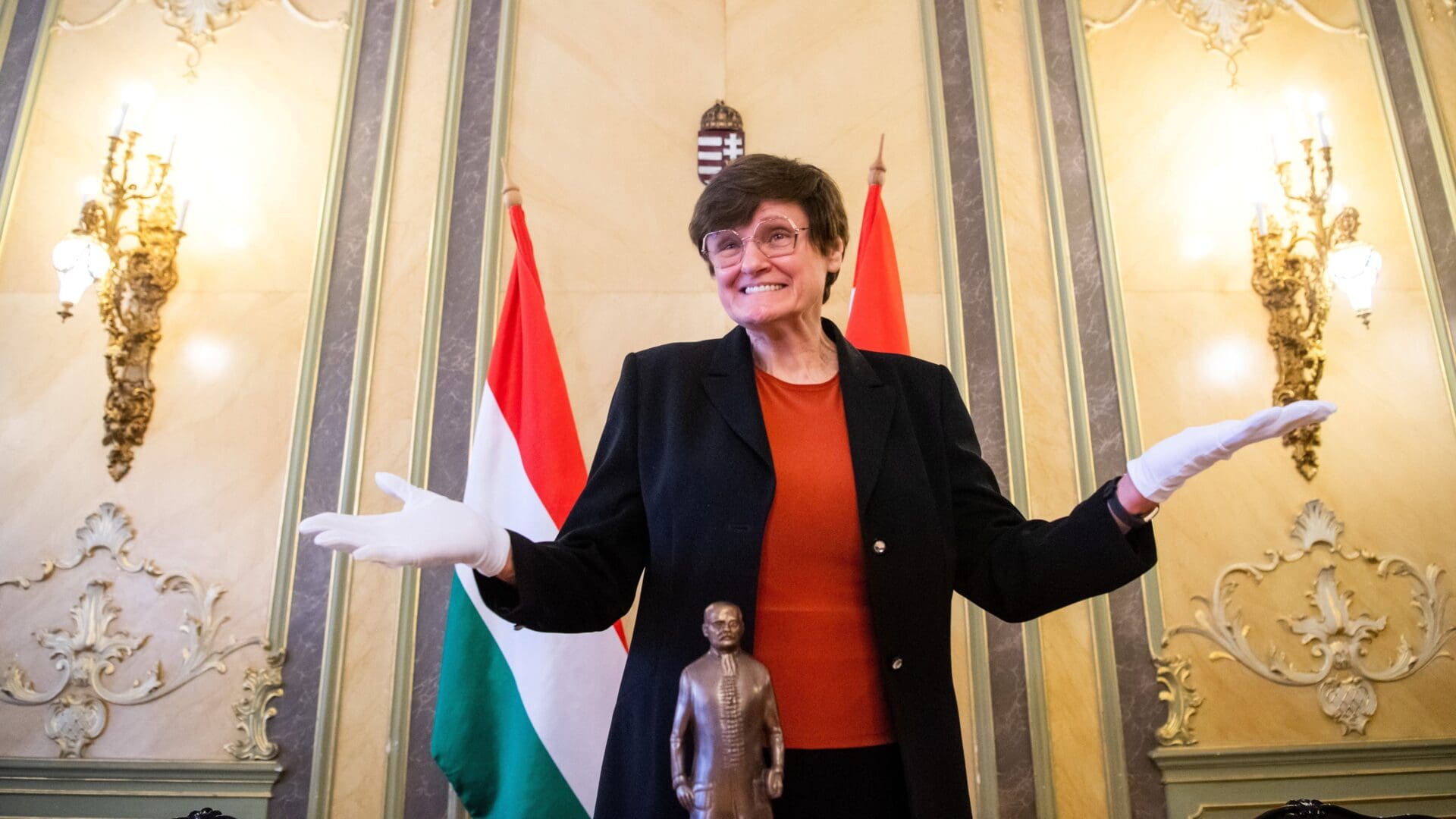Congratulations are pouring in for Katalin Karikó, the Hungarian biochemist who, along with American microbiologist Drew Weissman, received the Nobel Prize in Physiology or Medicine in 2023 for their pioneering discoveries in the development of mRNA-based vaccines. The laureate will receive 11 million Swedish kronor (equivalent to 368 million forints) as part of the prestigious award. Traditionally, the Nobel Prize is presented on 10 December, the anniversary of Alfred Nobel’s death.
Hungarian President Katalin Novák was among the first to congratulate the Hungarian researcher: ‘Katalin Karikó is the first Hungarian woman to receive the Nobel Prize. We are immensely proud that our nation has now another Nobel laureate
whose research has probably saved the lives of millions of people.
Thank you, Katalin!’
Log in or sign up to view
See posts, photos and more on Facebook.
‘Congratulations to the first Hungarian woman Nobel laureate! We are proud!’, wrote Viktor Orbán on social media, sharing a photo with Katalin Karikó. The Prime Minister added to the picture: ‘A Hungarian woman at the top of the world.’
Log in or sign up to view
See posts, photos and more on Facebook.
Hungarian politicians continue to join the chorus of congratulations, with the Chair of the European Affairs Committee of the National Assembly Judit Varga describing it as a ‘tremendous pride’ that Katalin Karikó received the Nobel Prize.
‘Katalin Karikó has been awarded the world’s most prestigious scientific recognition, the Nobel Prize. As the first Hungarian woman to receive the Nobel Prize, she has forever etched her name into both the domestic and international scientific community’, Judit Varga noted.
Log in or sign up to view
See posts, photos and more on Facebook.
In a recent telephone interview following the announcement, Katalin Karikó spoke about her historic achievement of becoming the first Hungarian woman to be awarded the Nobel Prize. Katalin Karikó was speaking from her home in the United States; when asked how she first heard the remarkable news, Katalin Karikó revealed that she was asleep, and her husband answered the phone at their home in Abington Township, a suburb of Philadelphia. Her initial reaction was disbelief, as she initially thought it might be a prank. She emphasized the need for caution in such situations, especially in today’s world.
Reflecting on her scientific journey, Karikó recounted her retirement a decade ago when she was dismissed from the University of Pennsylvania. However, her husband’s unwavering support encouraged her to continue her research work at BioNTech in Germany. She spoke fondly of her late mother, who used to listen to news about Nobel Prize ceremonies, always hoping that one day, her daughter’s name would be among the recipients.
She recalled a conversation with her mother where she had laughed off the idea of receiving the Nobel Prize, saying, ‘At the time, I just laughed about it. I wasn’t even a professor yet, but she said I was working hard. I always told her that every scientist works hard.’
Karikó also shared a touching story about her daughter, a two-time Olympic rowing champion, noting that their roles had recently reversed, with her becoming ‘Katalin Karikó’s daughter.’
Reflecting on her formative years,
the biochemist underscored the significance of the first 14 years of a person’s life,
particularly adolescence when parents and teachers play a vital role in shaping one’s personality. As a woman and a mother, she emphasized the message she strives to convey to younger generations, namely that they need not choose between family and career, but can have both.
In closing, Karikó Katalin cited her favorite motto, ‘We should focus on what we can change,’ attributed to János Selye, a Canadian chemist of Austo-Hungarian extraction, whose book she read at the age of 16. She stressed the importance of not giving up on one’s beliefs, even when faced with challenges, and focusing on areas where one can make a difference.
Related articles:








